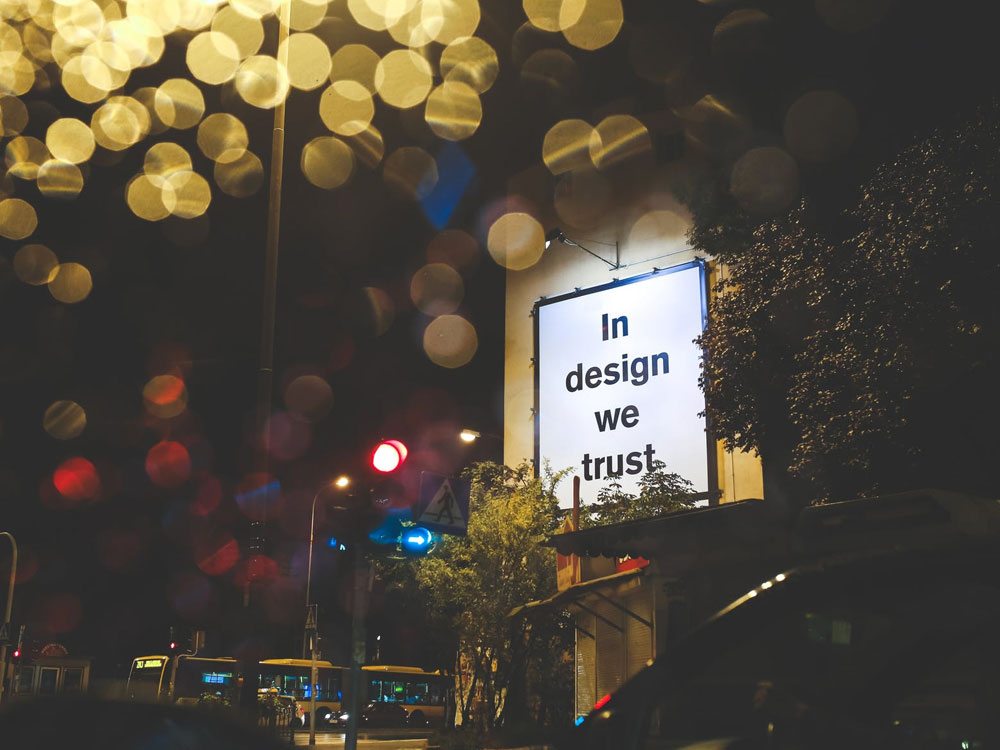Exploring the universal longing for purpose — and how only Catholicism answers it with divine love, not randomness
“You have made us for Yourself, O Lord, and our hearts are restless until they rest in You.”
— St. Augustine, Confessions
The Ache That Won’t Go Away
At some point in life, when the noise dies down — the career, the politics, the scrolling — we ask:
Why am I here? What’s the point of all this?
It’s not just an emotional itch. It’s a rational, human question. And yet, the world today offers little more than distractions or dismissals:
-
“There’s no ultimate meaning, just make your own.”
-
“You’re a collection of atoms, floating through space.”
-
“It doesn’t matter — just enjoy life while it lasts.”
But those answers don’t satisfy. We know deep down that they don’t.
The ache remains. The longing lingers.
Because we were made for more.
The Reasonable Search for Meaning
You don’t have to throw out logic to find faith. In fact, some of the greatest thinkers in history — and even some of the most devout modern converts — found Catholicism because of reason, not in spite of it.
📘 Dr. Peter Kreeft, philosopher at Boston College:
“I am a Catholic because the evidence leads me to conclude it is true. I believe in reason and in following where the evidence leads, no matter how uncomfortable.”
Kreeft began as a Protestant, almost abandoned Christianity altogether, but his pursuit of truth, beauty, and intellectual consistency led him to the Catholic Church.
📗 Dr. Francis Collins, former head of the Human Genome Project and once an atheist:
“I had to admit that the evidence demanded a verdict. Faith was not the opposite of reason. It was the step beyond it.”
He saw the fine-tuning of the universe, the order of DNA, and the moral law within the human heart — and realized it pointed not to randomness, but to a Creator. Eventually, it led him to Christianity and the sacraments.
Concrete Clues: Evidence That You're Not an Accident
Let’s look at some undeniable, rationally compelling signs that point to the reality that you are not random, and you do matter:
1. The Fine-Tuning of the Universe
Physicist Dr. Paul Davies, agnostic, writes:
“The impression of design is overwhelming.”
The odds of the universe’s physical constants (gravity, electromagnetism, nuclear forces) being precisely what they are — enough to allow life — are astronomically low. One constant slightly off, and stars, planets, and life could never form.
This looks less like chance, and more like deliberate calibration — a signature.
2. The Moral Law Written on Your Heart
You know murder is wrong. You know love is good.
But why?
Evolution can explain survival instincts. But it can’t explain oughts.
Atheist philosopher J.L. Mackie admitted that if objective moral values exist, “then God probably exists.” Eventually, this very reasoning led thinkers like C.S. Lewis, once an atheist, to Christianity.
“If the whole universe has no meaning, we should never have found out that it has no meaning.”
— C.S. Lewis, Mere Christianity
3. The Testimony of the Converted Skeptics
There are thousands of stories — of atheists, agnostics, and even Satanists — who encountered truth not through emotions but through reason.
- Leah Libresco, Yale-trained atheist and statistician, converted after realizing her belief in objective moral truths couldn’t be grounded without God. She became Catholic.
- Dr. Holly Ordway, atheist literature professor, became Catholic through intellectual inquiry and conversion of imagination via Tolkien and Lewis.
- Malcolm Muggeridge, British journalist and outspoken atheist, found the beauty of Catholicism irresistible after witnessing Mother Teresa’s work among the dying in Calcutta.
Their stories are unique, but their conclusion is the same:
The Church makes intellectual, historical, and spiritual sense.
Why Catholicism?
Other philosophies might offer temporary relief. But only Catholicism brings together:
-
Reason (through Aquinas and 2,000 years of intellectual tradition)
-
History (apostolic succession, miracles, saints, martyrs)
-
Sacramental grace (not just advice, but divine power)
-
Love — not as an idea, but as a Person: Jesus Christ
In the Catholic worldview, your soul is immortal, your life has meaning, and your suffering is not wasted — it can be redemptive. You are not here by chance, but by invitation.
You Are Loved Into Existence
You were not born from cosmic apathy.
You were loved into being.
“Before I formed you in the womb, I knew you.” — Jeremiah 1:5
The Catholic Church isn’t just a religion — it’s the family of God on Earth.
It offers what the world cannot:
A place at the table. A purpose for your pain. A truth that doesn’t change.
Don’t Be Bullied by Fallacies
The world may mock, insult, or try to out-shout the truth. But:
-
Ad hominem attacks don’t invalidate evidence.
-
Strawman arguments don’t replace honest searching.
-
Noise isn’t light.
Stand your ground. Use your reason. And dare to follow where the truth leads — even if it costs you comfort, pride, or popularity.
Because what you’ll find is worth it.
You’ll find yourself.
Final Words: Come and See
If you're wandering, skeptical, exhausted by lies — you're not alone.
Christ is not asking you to shut your brain off.
He's asking you to open your heart and bring your intellect with you.
You were made for more.
Come home.
Suggested Next Steps for the Seeker:
-
Read Mere Christianity by C.S. Lewis
-
Watch The Search series (free on Formed.org)
-
Visit a local Catholic church and sit in silence
-
Read the Gospel of John
-
Ask God: “If You’re real, show me.”
He will.








